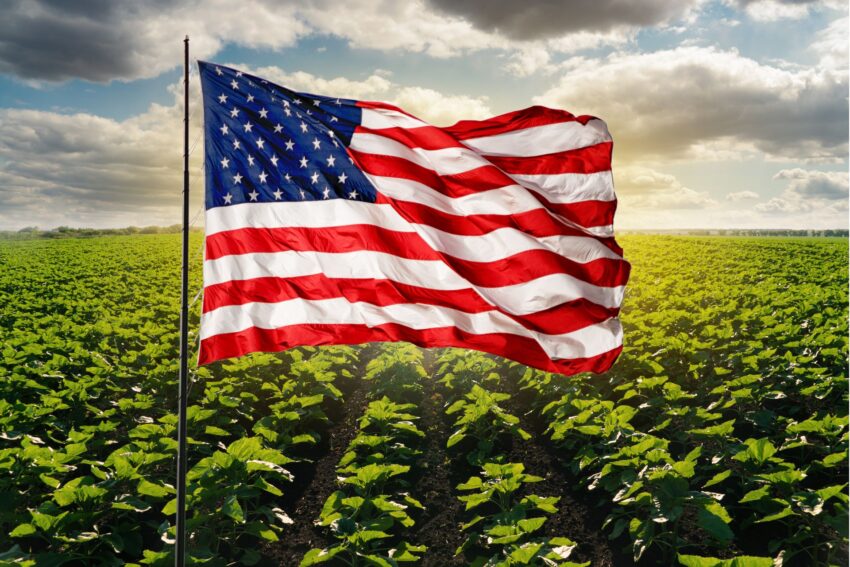The Foreign Adversary Risk Management (FARM) Act, recently reintroduced in Congress, focuses on addressing national security concerns related to foreign ownership of American agricultural land. Initiated by Senators Tommy Tuberville (R-AL) and John Fetterman (D-PA), along with Representative Ronny Jackson (R-TX), this legislation showcases a bipartisan commitment to safeguarding the nation’s food supply and agricultural lands from foreign entities that might not align with U.S. interests.
The FARM Act seeks to bolster oversight of foreign investments in U.S. agricultural land by enhancing the role of the Committee on Foreign Investment in the United States (CFIUS). It would mandate a review of land purchases by entities from countries considered national security threats, including countries like China, where government influence over business could compromise U.S. food security.
The Act also emphasizes transparency, requiring more detailed reporting on foreign land ownership. This would ensure that both the USDA and CFIUS have comprehensive data on who owns what land, especially near sensitive facilities like military bases or critical infrastructure.
By amending existing laws, the FARM Act aims to provide clearer guidelines and stricter enforcement to prevent foreign investments from posing risks to national security, food safety, or the American agricultural economy.
The importance of the FARM Act extends beyond just legal frameworks. It plays a critical role in national security by ensuring that food production remains under control that prioritizes U.S. interests. For local farmers, this legislation could mean more accessible land, reducing competition from foreign investors that might inflate land prices, thus supporting the sustainability of farming communities.
Moreover, the Act helps in the preservation of agricultural land, preventing its conversion to non-agricultural uses or control by entities focused on short-term gains over long-term sustainability. This preservation is vital for maintaining the country’s food production capabilities.
From a public health perspective, increased oversight of who owns and manages farms could lead to better regulation of farming practices, impacting everything from pesticide use to the transparency of genetically modified organisms (GMOs).
Economically, agriculture is a cornerstone of the U.S. economy. Protecting it from foreign control that does not align with national interests supports rural economies, fostering stability and growth in these areas. This not only benefits farmers but also contributes to the national food supply chain’s resilience.
In summary, the FARM Act is a strategic move to safeguard American agriculture, ensuring that food security, economic stability, and the cultural heritage of farming are preserved for future generations. By addressing potential threats from foreign land ownership, it aims to keep agriculture a robust and secure pillar of American society.


